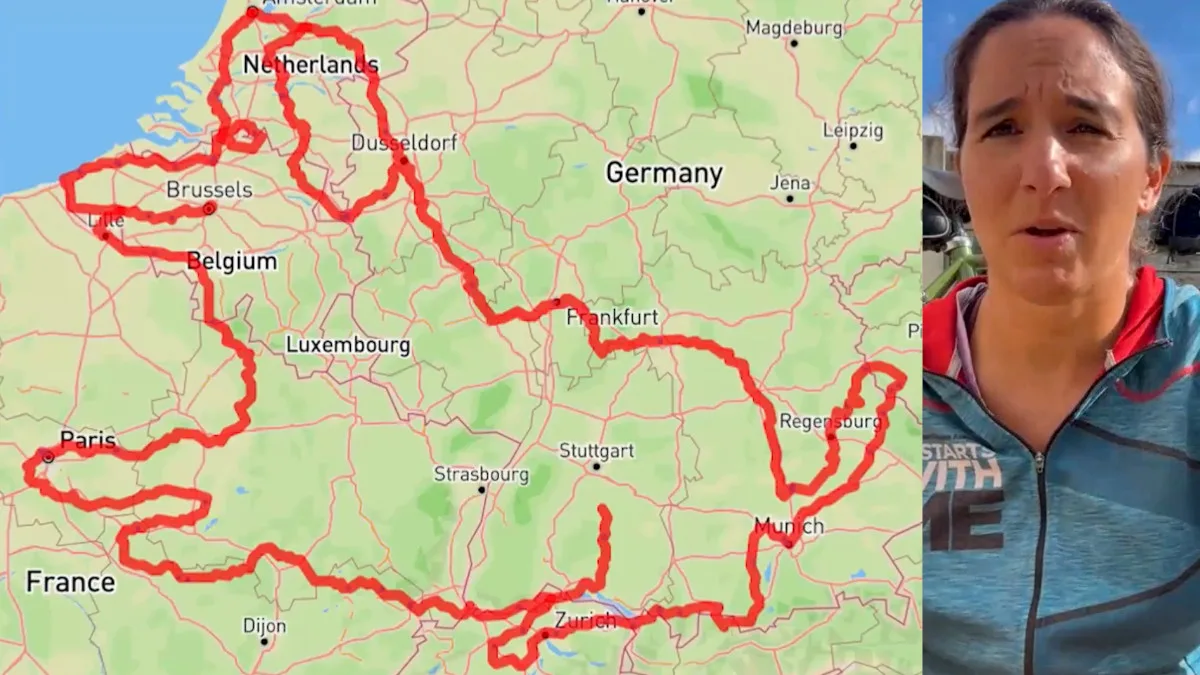
In a critical move to address the escalating air pollution crisis, the Sub-Committee, convened on 14th January, 2024, has reimposed Graded Response Action Plan (GRAP) Stage III restrictions in Delhi-NCR. The decision, prompted by the Air Quality Index (AQI) reaching the ‘Severe’ category (DELHI AQI ranging between 401-450), reflects a collective effort to combat the alarming deterioration of air quality in the region.
The Comprehensive Review
The Sub-Committee, armed with insights from the Indian Meteorological Department (IMD) and the Indian Institute of Tropical Meteorology (IITM), meticulously scrutinized the air quality scenario and meteorological forecasts. In a bid to curtail further degradation, it unanimously resolved to enforce all actions prescribed under Stage III of GRAP with immediate effect, complementing the ongoing Stage I and II measures.
Strict Ban on Construction and Demolition Activities
1.1 Overview
In a proactive move, the authorities have imposed a strict ban on non-essential construction work, encompassing both construction and demolition activities in the entire NCR. This robust measure aims to mitigate dust and particulate matter emissions, the primary contributors to the region’s deteriorating air quality.
1.2 Exemptions
While the ban is comprehensive, specific exemptions are granted for projects deemed essential, including those related to railways, metro services, airports, national security, healthcare facilities, and public projects like highways and roads. However, these exemptions are contingent upon strict adherence to C&D Waste Management Rules and dust prevention/control norms.
Intensifying Road Cleaning Measures
2.1 Mechanised/Vacuum-Based Sweeping
To combat dust accumulation on roads, the frequency of mechanised/vacuum-based sweeping will be intensified. This initiative targets high-traffic areas, hotspots, and heavy traffic corridors, ensuring the proper disposal of collected dust in designated sites/landfills.
2.2 Daily Water Sprinkling
Daily water sprinkling, combined with dust suppressants, will be carried out before peak traffic hours. This proactive approach aims to minimize dust particles in the air, enhancing overall air quality.
Boosting Public Transport
3.1 Frequency Enhancement
Public transport services will undergo further intensification to encourage increased usage. Additionally, implementing differential rates to incentivize off-peak travel seeks to optimize the existing transportation infrastructure.
Construction & Demolition Guidelines
4.1 Categorization of Projects
Strict guidelines delineate permissible construction and demolition activities. Exempted projects, including those related to railways, metro services, airports, and national security, must strictly adhere to C&D Waste Management Rules and dust prevention/control norms.
4.2 Restricted Activities
Dust-generating and air pollution-causing C&D activities, such as earthwork, structural construction, demolition, and material handling, will face strict prohibition during this period.
Industrial Measures
5.1 Closure of Stone Crushers
Operations of stone crushers will be temporarily halted, curtailing particulate matter emissions from this industrial sector.
5.2 Mining Suspension
A comprehensive measure involves the temporary closure of all mining and associated activities in the NCR, targeting another significant source of air pollutants.
Vehicular Restrictions
6.1 Ban on Specific Vehicles
To address vehicular emissions, the State Governments in NCR, along with the Government of National Capital Territory of Delhi (GNCTD), will strictly restrict the plying of BS III petrol and BS IV diesel LMVs (4 wheelers) in specified areas.
Educational Measures
7.1 Online Classes for Young Learners
Considering the impact of air quality on health, the NCR State Governments and GNCTD may contemplate discontinuing physical classes for children up to Class V, opting for online classes as a safer alternative.
Citizen Charter: A Call to Action
8.1 Promoting Sustainable Practices
In a bid to engage citizens, a citizen charter advocates actionable steps towards sustaining and improving air quality:
- Walk or Cycle: Opt for environmentally friendly commuting options for short distances.
- Cleaner Commute: Share rides or use public transport to reduce individual carbon footprints.
- Remote Work: Encourage those who can work from home to do so, minimizing traffic-related emissions.
- Heating Alternatives: Discourage the use of coal and wood for heating, promoting cleaner alternatives.
- Community Involvement: Urge individual house owners to provide electric heaters to security staff during winters to discourage open burning.
- Efficient Errands: Combine errands to reduce the number of trips, minimizing overall emissions.
Discover more from Wheels Craze - Automotive News, EV News, Car News, Bike News
Subscribe to get the latest posts to your email.



